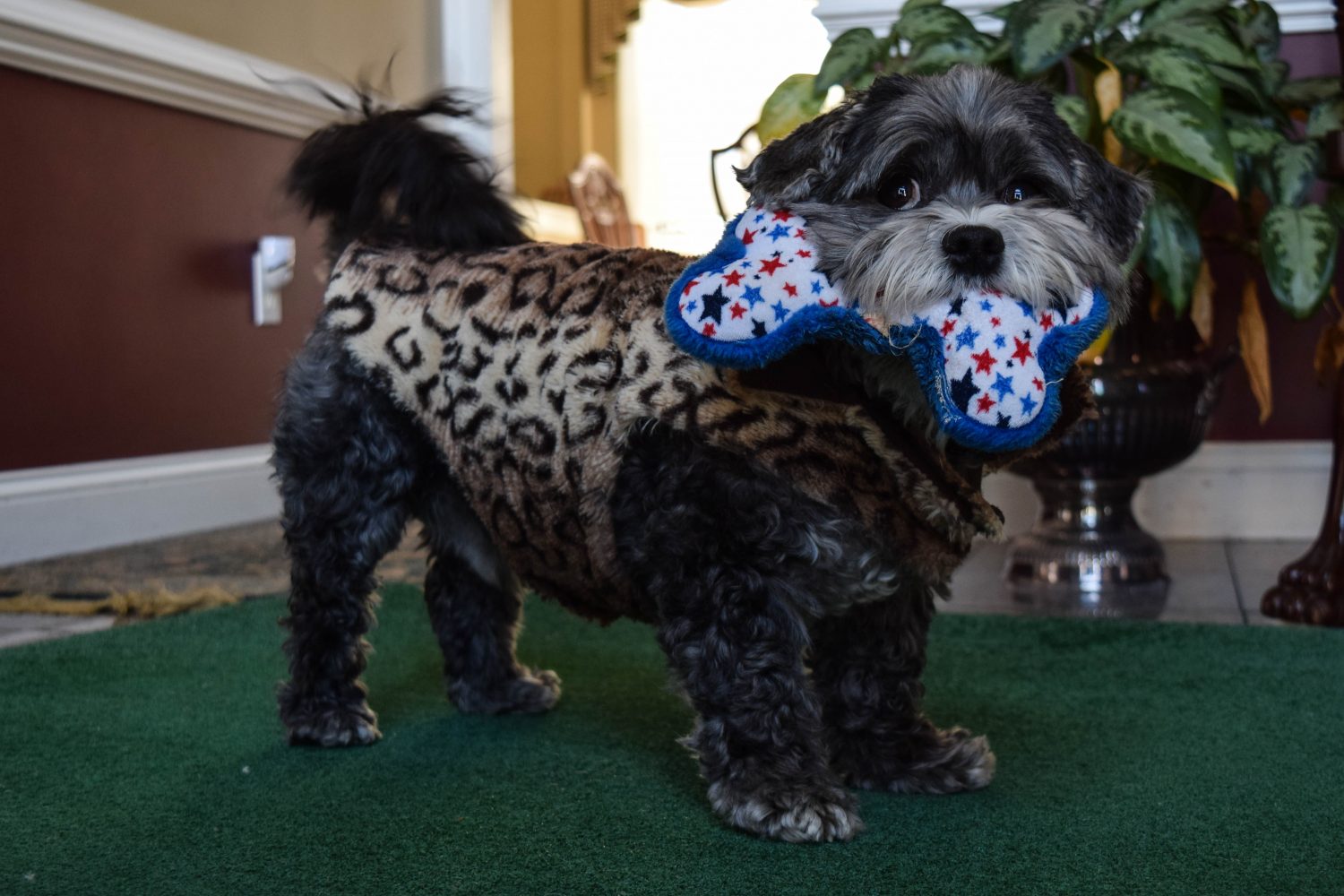Photo by Kayla Michaud |CIGAR|
Many college students consider adopting a furry or scaly friend to give them company. But are University of Rhode Island students prepared financially and emotionally for the responsibility of a pet?
Students who want to own pets while attending URI must live off-campus in order to do so. According to the Housing and Residential Life and Dining Services Agreement, “Pets are not allowed [in dorms] with the exception of fish in aquariums less than 20 gallons or an animal that has been defined, and approved by the University, as a ‘service animal.’” However, this has not stopped students from occasionally attempting to bring pets into their dorms.
“If students bring a pet that they are not supposed to have, the student would be asked to remove the pet immediately, and we would work with the student to determine a plan for what to do with the pet,” said Amanda Downey, associate director of residential education. Downey also said that students who are found keeping pets in their dorm will be reported to community standards.
Allie Stift, a URI student who works at Petco, says that URI students who shop at Petco usually own or are looking for smaller animals such as hamsters or fish. Although Stift has seen students who own bigger animals such as cats or dogs, she noted that many college students don’t have the resources to properly take care of these kind of pets.
“A dog or cat is trickier because they require a lot of money, a lot of work and a lot of time, which I know a lot of college students don’t have,” said Stift. “But a lot of people come in having done the research.”
Many students buy animals on a whim and think that buying small animals such as fish will be significantly easier than an animal like a dog. Although Stift agrees that fish are less work than larger animals, she said that they still require a certain amount of responsibility.
“Fish are more work than you think,” said Stift. “Don’t just walk into a pet store and think you’re going to get a fish.” Stift also said that students need to do research, evaluate if they can take care of pets for the long-term and know what they are getting into before adopting an animal.
Stift cited one of her friends as an example of a responsible student pet owner.
“A friend of mine has nine animals,” she said. “She’s a fifth-year student, so it’s a bit different. But when she first got her puppy, it was a big struggle balancing, since they have to be let out every two hours.”
Not all students are responsible when taking care of pets. Joyce Huntley-Campbell is a URI alum and works as a coordinator and educator at the South Kingstown Tri-Pond Nature Center. Huntley-Campbell has lived in Narragansett for many years and describes students disposing pets at the end of the school year as nothing new.
“People leave animals all the time at our doorstep all the time, or dump turtles at the pond,” she said. “Landlords mention how animals are left behind and have to go to the pound.”
Huntley-Campbell takes in many animals left behind by URI students, from dogs and cats to piranhas and chameleons. She urges students who can’t bring animals home for the summer to contact her.
“If you move in May please don’t leave pets behind. Contact me if you need a place for them. Don’t throw them out!” wrote Huntley-Campbell on the URI Class of 2019 Facebook page.
However, Huntley-Campbell does think that some students can handle the responsibility of owning a pet.
“People need companions, whether that’s a lizard or a puppy,” said Huntley-Campbell. “My daughter, she’s in college, is very concerned about her pets. Others, not so much. I don’t think it should be a blanket that ‘students shouldn’t have pets.’ It depends on the person. There are adults who can’t handle pets. It’s too much for some people. Their life goes in a different direction”
Ultimately, students must think carefully about if they have the time, finances and maturity to take care of a pet.





